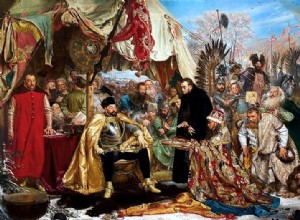After a refreshing shower, a good deodorant that does not leave you. Although the first deodorant was marketed in Philadelphia in 1888 under the name of Mum and the first antiperspirant in 1903 with Everdry , you will agree with me that this body odor thing is as old as sweat. So, it is not surprisi




